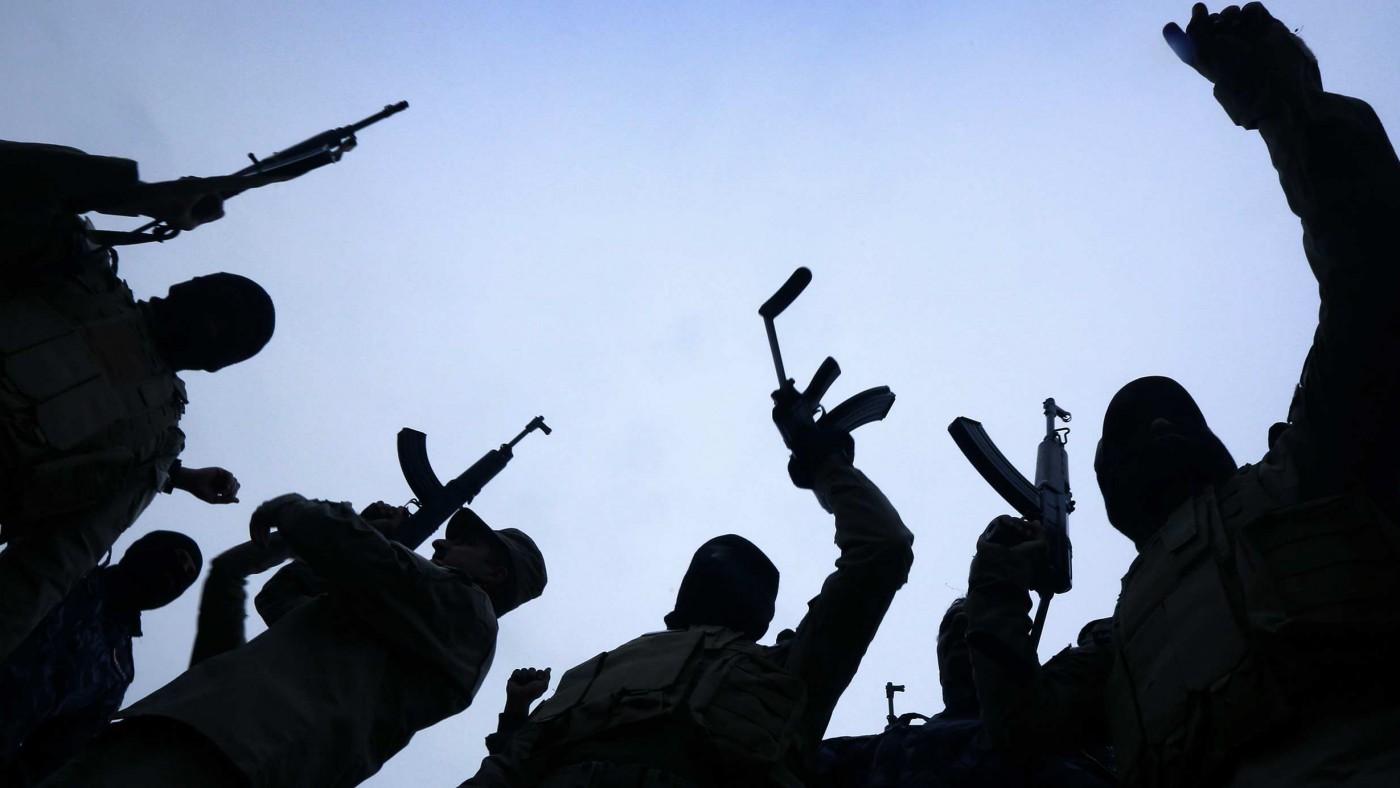One of the least convincing aspects of the current discussion in the UK about whether or not British firepower should be deployed in the bombing of ISIS in Syria is the invoking of the 1930s analogy by armchair generals. Neville Chamberlain always gets a bad press in these situations, whenever conflict is mooted, as though he was operating in the 1930s with the benefit of hindsight.
The warrior Churchill himself understood, at the time, why Chamberlain was making such strenuous efforts for peace, even though Churchill thought the mission was doomed because of Hitler’s lust for war. Later, Churchill put the boot into Chamberlain, writing his victor’s version of history, but at the time of his rival’s death, WSC was quite clear that Chamberlain was a decent man tricked byHitler
Churchill cried by the coffin and delivered the eulogy at Chamberlain’s funeral, held in Westminster Abbey on November 14th 1940. The classic work on the struggle between the two men is Graham Stewart’s Burying Caesar, which contains a moving account of that day.
Churchill said from the pulpit: “It fell to Neville Chamberlain in one of the supreme crises of the world to be contradicted by events, to be disappointed in his hopes, and to be deceived and cheated by a wicked man. But what were these hopes in which he was disappointed? What were theses wishes in which he was frustrated? What was that faith that was abused? They were surely among the most noble and benevolent instincts of the human heart – the love of peace, the toil for peace, the strife for peace, the pursuit of peace.”
I mention this because the temptation in times of war is to rely on caricature and a cartoonish, simplistic view of history. Even great leaders – such as Churchill – make terrible mistakes, what with being human and imperfect. Churchill could see that Chamberlain was sincere and worthy of respect even if the course he pursued was ultimately misguided. Equally, today decent people listen to the evidence and the claims made by leaders about ISIS and simply don’t know quite what they feel about the options. A great many people are uneasy or undecided.
To me, it seems like a sensible idea to allow the government some room for manoeuvre on bombing as long as it is part of a broader plan and parliament exercises oversight, as it did throughout the Second World War. This fight against ISIS and its supporters, well-established in Libya and other countries beyond Syria, is going to last a long time and be extremely difficult. It will require tactical flexibility and we had better win or we may not live to regret it if they ever get a nuclear weapon.
But for all that one can recognise the complexity and difficulty involved in people deciding precisely what to think about this mess, the extreme wing of the peace lobby is behaving in a particularly brainless fashion this time.
Mark Rylance, the extremely gifted actor and off-stage wearer of silly hats, gave an extraordinary interview on Whitehall yesterday to the Mail on Sunday ahead of a Stop the War demonstration. That is the hard left outfit that Labour leader Jeremy Corbyn chaired until recently.
“Asked how the Government could negotiate with people such as mass murderer and IS leader Abu Bakr al-Baghdadi, he replied: ‘You have to talk to the people around him. Are you telling me that bombing the people around him will have any effect on him?’
Referring to Sinn Fein president Gerry Adams and the late South African leader Nelson Mandela, he said: ‘We were told you can never talk to them. But eventually we do talk to them, and they are not enemies, they are people who are angry where they feel there is injustice. They may be wrong, but they may be right.”
How would peace talks work with ISIS? No one advocating such a move ever seems able to say, which suggests that their position is purely reflexive and more about stupid, easy slogans or dissing the West more generally than it is about peace. Let’s face it: ISIS is not like the IRA, which came to the negotiating table when its leadership concluded it could not win. Although the IRA were a bunch of murdering bastards, they had a quite clear political goal, which was a united Ireland and the defeat of one country, the UK. Compared to ISIS, which seeks to destroy the world, the IRA behaved like a bunch of peace-loving nuns.
The problem this time is that the peace lobby’s usual lines – hey, we’ll have to talk to them eventually, leave them alone they’ll go away, don’t provoke them – simply do not work with a death cult that is bent on our destruction. These are not people it is ever possible to imagine sitting around a table in the Vienna Hilton discussing which model of proportional representation they will agree to, or working through the night to settle the membership of the UN-sponsored peace and reconciliation committee. They exist to blow up hotels and kill themselves and everyone else inside, not to check in for a weekend of post-conflict resolution.
ISIS is quite explicit in its mission and we should take it at its word because it is doing what it has always said it would. First it wants to terrorise the West, then destroy it. Then it seeks to enslave us. Somewhere along the way there will be Armageddon, apparently.
What exactly does the peace at all costs crowd suggest in the way of a response? Do they expect others, such as the diplomats from a state machine they despise, or church leaders from religious faiths they have no time for either, to get on a plane to Syria and sit down in Raqqa for a nice little chat? Perhaps they are volunteering to go themselves? It would be a one way journey.


